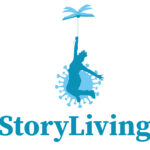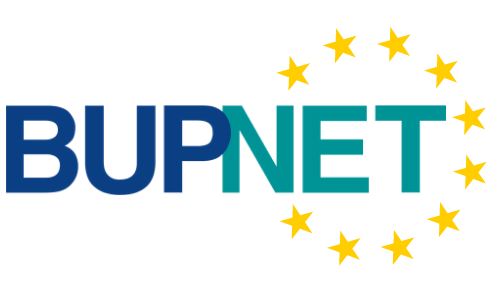 The pandemic of COVID-19 has a significant impact on the mental health of the European population. Social restrictions, a sense of uncertainty for the future and the spread of terrifying news have affected youth, increasing their level of anxiety, stress and depression. In particular, youth living with Autistic Spectrum Disorder (ASD) and other mental health disorders experienced a greater increase of anxiety because of an abrupt change in their daily routine, the difficulty of access to therapy and special education services. In most cases, parents have become their only caregivers.
The pandemic of COVID-19 has a significant impact on the mental health of the European population. Social restrictions, a sense of uncertainty for the future and the spread of terrifying news have affected youth, increasing their level of anxiety, stress and depression. In particular, youth living with Autistic Spectrum Disorder (ASD) and other mental health disorders experienced a greater increase of anxiety because of an abrupt change in their daily routine, the difficulty of access to therapy and special education services. In most cases, parents have become their only caregivers.
The project StoryLiving – Enabling youth with developmental disabilities & mental health disorders to share their COVID-19 experiences through digital storytelling – aims at overcoming the challenges that youth with developmental disabilities & mental health disorders has faced during the pandemic through the use of digital storytelling. StoryLiving supports storytelling as a method for overcoming and process emotions, fears, traumas and isolation and for sustaining the healing process of youth and their families.
Activities
- Conducting bibliographic and on-the-field research involving educators, social workers, and youth workers working with youth living with ASD and other mental health disorders to identify good practices in the use of digital storytelling and other practices of inclusion adopted during the COVID-19 pandemic.
- Developing guidelines and practical strategies for institutions and organisations working with youth living with ASD and other mental health disorders to support them in adopting digital storytelling as a communication and healing tool.
- Developing and piloting a training course addressing the educators, social workers, and youth workers, that will be pilot tested with 20 professionals per country.
- Involving young people with ASD and other mental health disorders in storytelling activities.
- Setting up an online learning and hosting platform that will include the training modules and the collected stories, and will allow users to upload their own digital stories.
- Deriving recommendation papers at a national and European level to promote the use of storytelling as a healing and communication process.
Target groups
Youth living with ASD, other developmental disabilities, and mental health disorders.
Educators, social workers, youth workers working with youth living with ASD, other developmental disabilities, and mental health disorders
The project is co-funded within the Erasmus+ programme and is implemented by a consortium of seven partners from (Greece, Germany, Italy, Spain, UK, Belgium, North Macedonia).
Project website: https://storylivingyouth.eu
 Funded by the European Union. Views and opinions expressed are however those of the author(s) only and do not necessarily reflect those of the European Union or the European Education and Culture Executive Agency (EACEA). Neither the European Union nor EACEA can be held responsible for them.
Funded by the European Union. Views and opinions expressed are however those of the author(s) only and do not necessarily reflect those of the European Union or the European Education and Culture Executive Agency (EACEA). Neither the European Union nor EACEA can be held responsible for them.
